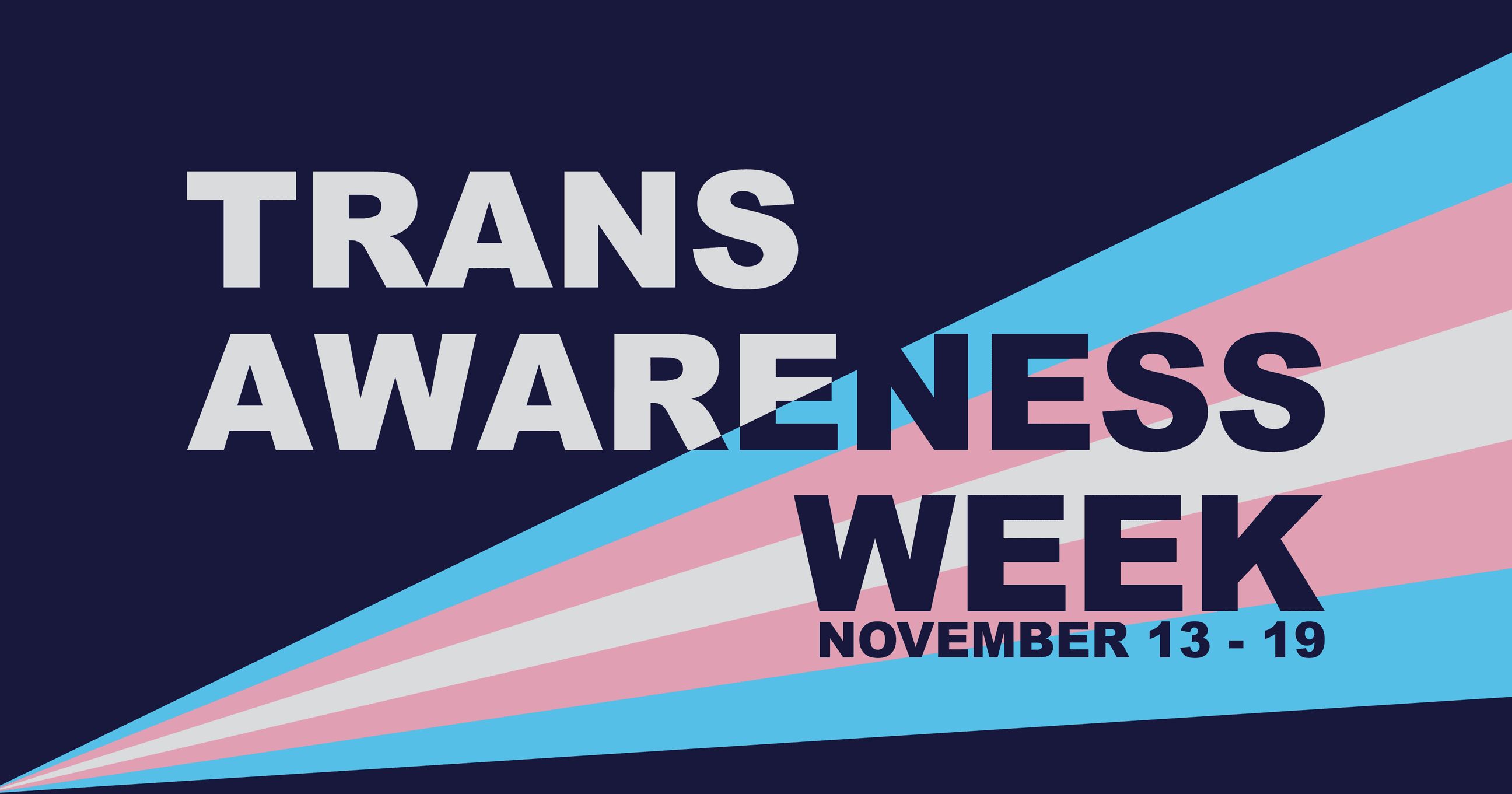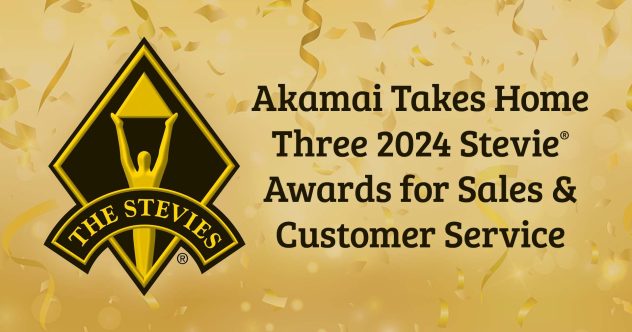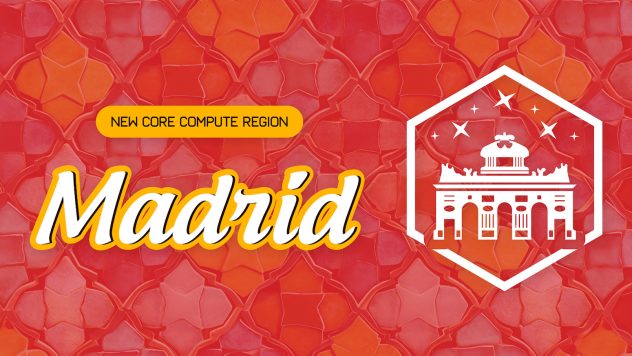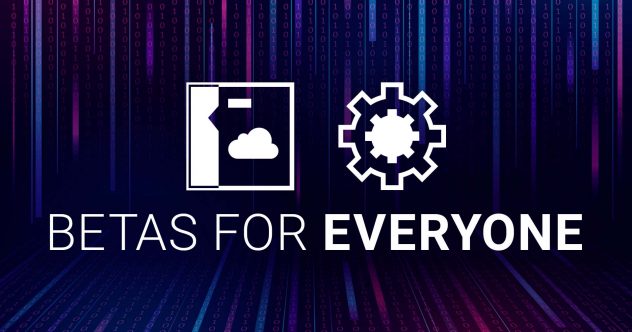Transgender Awareness Week is a one-week celebration leading up to the Transgender Day of Remembrance (TDoR) which memorializes victims of transphobic violence. To help celebrate Transgender Awareness Week, some members of LINQ (Linodians Identifying as Nonbinary or Queer), Linode’s LGBTQIA+ affiliated Employee Resource Group (ERG), share their insights on how these initiatives affect their day to day interactions and experience at Linode:
Why we share pronouns
While sharing pronouns is a newer practice for many people (especially at work), doing so is an easy and effective way to be an ally to not only your transgender peers, but also anyone who uses multiple or neo pronouns. We often hear folks say that they feel sharing pronouns is clunky, or even unnecessary if they feel their gender should be “obvious.” The truth is that no one’s gender is obvious. By introducing yourself using your pronouns, you can demonstrate an understanding of gender identity in yourself and others.
LINQ (Linodians Identifying as Nonbinary or Queer), Linode’s LGBTQIA+ affiliated Employee Resource Group (ERG), encourages everyone to share their pronouns in their Slack names or profiles if they feel comfortable doing so.
What can you do to be an ally in your workplace?
- Put pronouns on your name field or profile in your internal communication applications so they’re easily visible.
- Introduce yourself at meetings and to new employees or vendors using your pronouns. For example: “Hi, my name is Megan, my pronouns are they/them, and I’m (insert position) here at (company).”
- Add pronouns to notes and/or minutes for meetings. For example: In attendance was Jim (he/him), Jamie (xe/xer), Megan (they/them), and Chris (they/he).
The best way to learn someone’s pronouns is to understand their gender rather than trying to memorize the pronouns themselves. Learn what it means to be transgender. Many of us are more than happy to talk about our experiences, while others prefer not to be placed in a position of education. We understand that we may be the first person you might be comfortable talking about certain topics. We also understand it’s hard to be an ally if you don’t understand our experience. It’s disheartening to hear someone say, “I didn’t know where to start” because they are concerned with hurting our feelings. The best place to start is with genuine curiosity, empathy, and consent.
Committing pronouns to memory the same way you do names and faces acknowledges that our pronouns have the same level of personal meaning as our names. Making your pronouns easily visible also helps to encourage everyone to check before misgendering another person. Pronouns are not static and may change for someone over time, so it’s important to keep an eye out for these changes.
“Well, what do I do if I mess up?”
- Misgendering will happen. What’s most important is how you handle it when it does. The best way to handle misgendering someone who is present is to apologize and try harder next time (“I’m sorry, I meant [correct name/pronoun/honorific]”). Keep your apology brief so that it doesn’t become about you and your mistake.
- If you are corrected by someone else, don’t be defensive. Instead, simply respond with a thank you and a correction (“Oh, thank you — I’ll email [correct name/pronoun] about that.”). This is an important step, even if the misgendered person is not present, so you can practice and so others can learn from your example. Any time you misgender someone, practice so you can do better next time.
- Recognize not all people have the same preferences on how they would like to be addressed or reflect on mistakes and the hurt caused. There’s no complete authority on how to handle these interactions, and what’s most important is to center the individuals who may have experienced harm in the situation and how to best build community and respect with them.









Comments